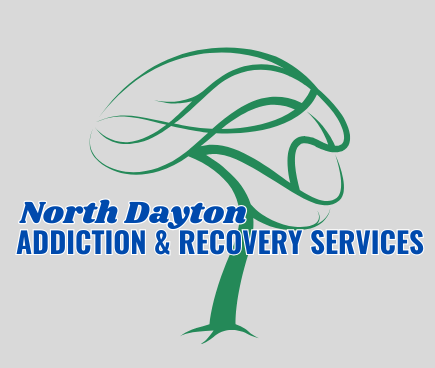Are you grappling with concerns about your alcohol consumption, yet find abstinence daunting? Do you wish to better manage your drinking habits without sacrificing the enjoyment of an occasional drink? Are you seeking a solution to effortlessly curb your alcohol intake and regain control over your lifestyle?
Consider The Sinclair Method.
The Sinclair Method (TSM): a scientifically backed treatment for Alcohol Use Disorder (AUD) that boasts a 78% success rate. This groundbreaking approach employs medication to counteract the rewarding effects of alcohol, diminishing cravings and gradually reducing the desire to drink. While traditional recovery methods have largely emphasized inpatient detox, AA/12-step meetings, and complete abstinence, TSM offers a modern alternative grounded in contemporary science, which does not include any of the above.
At the core of TSM lies pharmacological extinction, a technique leveraging naltrexone to reshape habitual behaviors surrounding alcohol consumption. By taking naltrexone one hour before drinking, patients disrupt the body’s reward cycle, leading to a decreased inclination toward alcohol over time. The result? Reduced alcohol consumption, fewer cravings, and the freedom to choose abstinence without the struggle. With minimal side effects, TSM represents a transformative approach to managing AUD.
Our approach to implementing TSM is centered on personalized, patient-focused care delivered by a team of specialized physicians. From prompt follow-ups to 24/7 access to support staff and referrals to co-occurring disorder specialists, our comprehensive services cater to the unique needs of each individual. Through monthly or bimonthly visits and robust family support, we prioritize establishing lasting relationships and addressing all aspects of an individual’s journey toward alcohol overuse recovery.
What is naltrexone?
Naltrexone is a medication used to help treat alcohol and opioid addiction. It belongs to a class of drugs known as opioid antagonists, which means it blocks the effects of opioids in the brain. Essentially, naltrexone works by binding to opioid receptors in the brain, preventing other opioids from attaching to these receptors and producing their usual effects.
For individuals struggling with alcohol addiction, naltrexone helps reduce the desire to drink by blocking the pleasurable effects of alcohol. When someone takes naltrexone before drinking, it interferes with the brain’s reward system, making alcohol less enjoyable and reducing cravings over time. This can lead to decreased alcohol consumption and an increased ability to resist the urge to drink excessively.
Naltrexone’s effectiveness in treating alcohol addiction lies in its ability to disrupt the cycle of reinforcement associated with drinking. By blunting the rewarding effects of alcohol, it helps individuals regain control over their drinking habits and move towards recovery. Naltrexone is typically used as part of a comprehensive treatment program that may include counseling, therapy, and other support services to address the underlying factors contributing to addiction.
